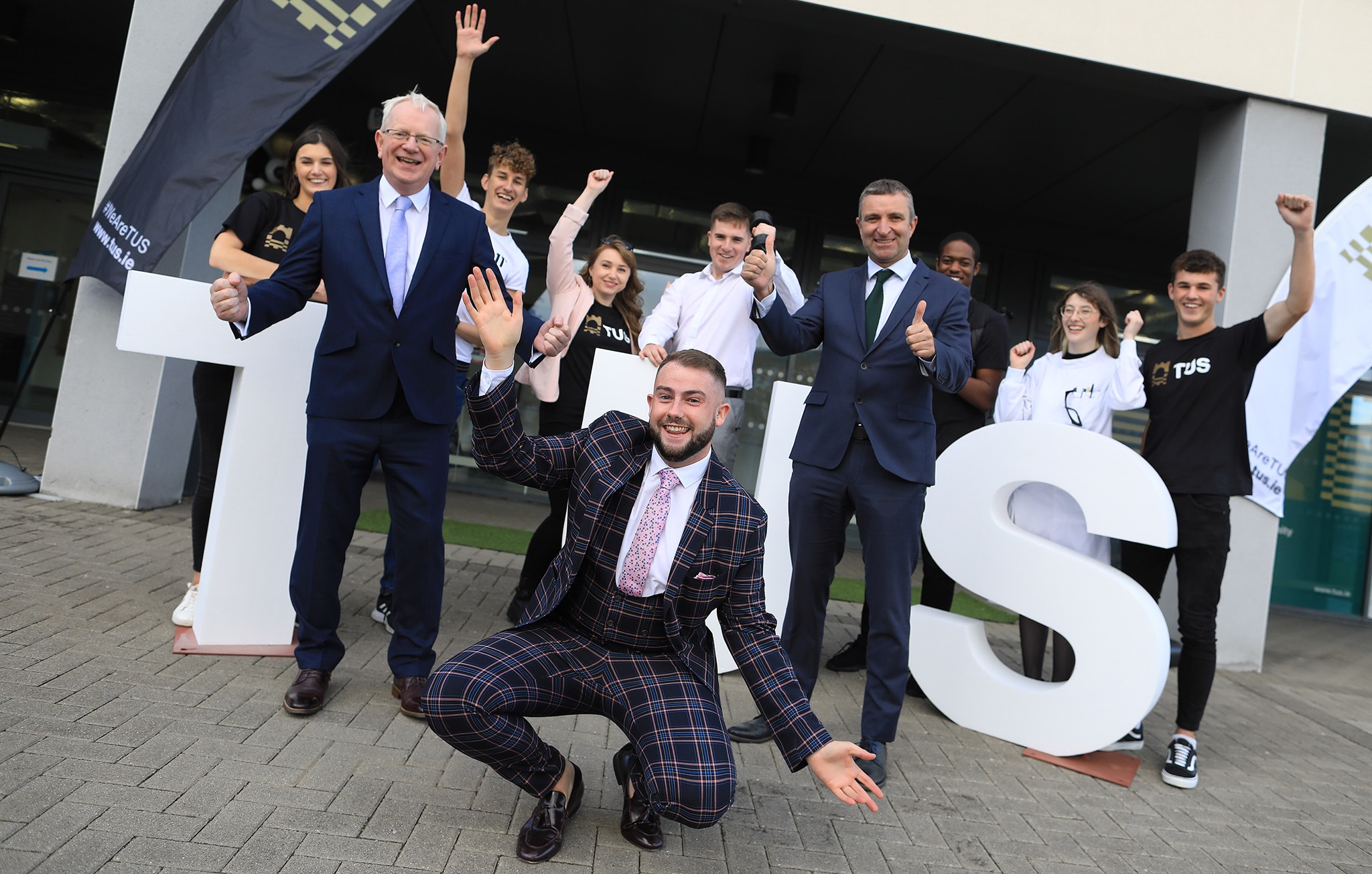The mutually advantageous alignment of Corporate Social Responsibility (CSR) with individual charities (i.e corporate financial involvement in return for charity association) is becoming more and more an integral part of corporate business strategies.
The benefits for both the charity and the commercial brand can be significant and cyclical. Alignment with a good cause can enhance brand consumer credibility while, in return, the charity receives funding and increased awareness for campaigns. Brands may also donate a percentage of product sales and carry the charity branding on their products.
Support for a good cause creates awareness, changes perceptions of the corporate brand and draws new customers to the product, which provides opportunities for the corporate to engage with these new consumers in a positive way – and so on.
The compatibility of the sponsor to the charity is key to the success of any future relationship. That said, it is imperative that a ‘heads of agreement’ document is signed in advance of the launch of any campaign. This details the parameters within which all parties work and what is expected of and from the relationship. This will help to eliminate unnecessary misunderstandings at a later date.
When working for a charity on a corporate sponsorship campaign, I am mindful that while all parties must be paid due consideration, the charity is ultimately my client. Particular care must be taken where the client feels perhaps overly indebted to the sponsors, which could result in the charity’s message being diluted by the commercial message. If this happens it is detrimental to both parties as any association must appear as genuine to consumers.
From my experience, where this goals ranking is not followed, the CSR campaign may be incorrectly viewed as a paid promotions campaign. The charity and indeed the public accept the mutually beneficial relationship in most CSR campaigns but sponsors must also play their part in preserving the balance in this equation. Ideally the role of the corporate sponsor would be agreed as being an advisory one.
It is worth mentioning that there are other intangible corporate benefits to the CSR campaign including positive internal communication and an internal social contribution culture, which encourages employee engagement and motivation and increases company pride. Corporates would benefit further by actively involving its staff in its CSR campaign, so this should be built into the plans.
In terms of choosing a charity to work with there may be a cause that the employees have a particular affiliation with or there may be a natural association or connection with some specific charity?
This and other such questions should be explored at the initial stage in order that the corporate sponsor/charity partnership will be a good ‘fit’ for both parties. The prospective sponsor must decide what benefits might accrue from such an association with the elected charity. The selected charity must closely evaluate whether the package on offer is in their best interests including a good fit for the cause.
Helping any charity is a great thing to do. By carefully choosing that charity and working in partnership with them with the objective of maximising the benefits on both sides is where substantial long lasting value can be created.









